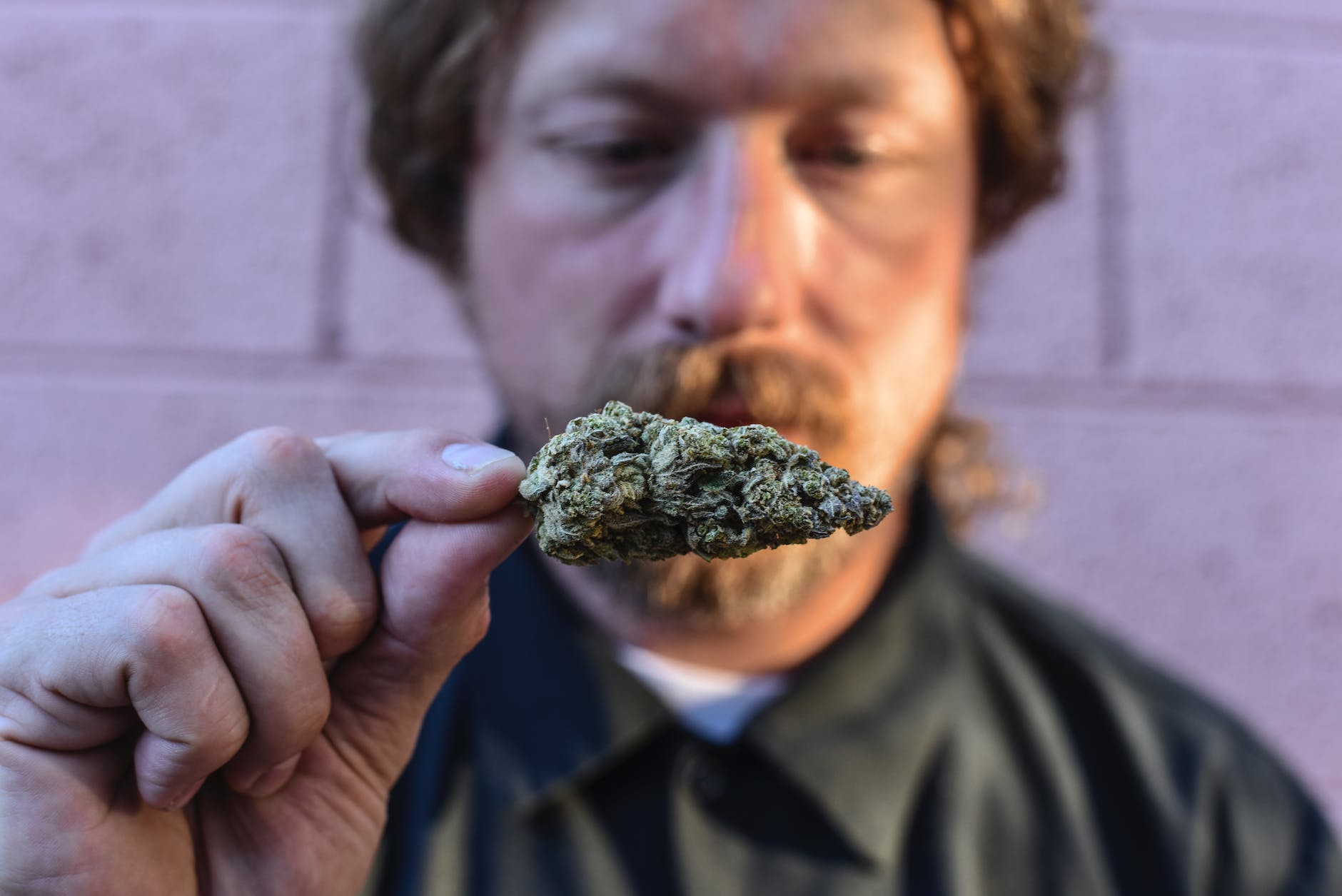—-
The move towards marijuana legalization in various parts of the world marks a significant shift in both social values and drug laws. Legalization efforts are driven not only by a changing perception of cannabis use but also a growing recognition of the economic, political, and social benefits associated with a legally regulated cannabis market.
Central to understanding this transformation is the difference between decriminalization and legalization. Decriminalization involves lessening penalties for cannabis possession, often treating it as a minor, non-criminal infraction. On the other hand, legalization allows for the regulated production, sale, and recreational use of cannabis for adults, generating substantial tax revenues. The marijuana legalization movement combines elements of both these strategies, emphasizing the importance of regulatory structures whilst reducing punitive responses.
A review of cannabis regulations worldwide reveals a patchwork of approaches. For instance, Uruguay and Canada fully legalized marijuana at a national level. In the United States, marijuana laws significantly vary by state, leading to a tense standoff between state and federal laws. As per federal laws, the consumption, sale, and possession of cannabis remain illegal under the Controlled Substances Act. However, 36 states have embraced the medicinal use of cannabis, with 15 also permitting recreational use. The state-centered approach towards cannabis policy sets a significant precedent, establishing a de facto loosening of federal prohibition.
However, an overarching goal of marijuana legalization extends beyond enacting lenient drug laws. Proponents also stress on social equity, where regulations should aim to rectify the long-standing racial and socio-economic inequities perpetuated by the decades-long War on Drugs. Decades of stringent enforcement of drug laws have disproportionately impacted communities of color, necessitating justice reinvestment strategies in the burgeoning cannabis industry. Places like Oakland, CA, demonstrate this inclusive approach by offering a ‘Equity Permit Program’ which allocates 50 percent of all cannabis permits to individuals disproportionately impacted by previous drug laws.
Moreover, the legalization of cannabis presents a promising revenue stream for struggling economies. Colorado’s experience illustrates the potential of cannabis tax revenues. According to the Colorado Department of Revenue, the state collected more than $1 billion in taxes, licenses, and fees from the cannabis sector between 2014 and 2019. The generated revenue is typically allocated to a range of beneficial public programs, including substance abuse treatment, public school construction, and local law enforcement.
Indeed, the burgeoning cannabis industry is not without its challenges. One significant barrier is the lack of empirical research regarding the long-term health impacts of marijuana use. Additionally, navigating the complex interplay between cannabis banking and federal prohibition creates difficulties for many cannabis businesses. Federal regulations prohibit banks from providing services to illegal businesses, including legalized cannabis companies, hindering their growth and development.
As marijuana legalization continues to unfurl, a comprehensive dialogue is necessary. This includes considering the benefits and drawbacks of legalization, discussing appropriate regulation, and ensuring broad-based stakeholder input. Furthermore, addressing conflicting state and federal laws and enabling legislation that facilitates scientific research into the health effects of cannabis are crucial.
In conclusion, marijuana legalization presents a multitude of opportunities, from tax revenues to social equity, while posing novel challenges due to conflicting state and federal laws and banking difficulties. As we navigate this hazy pathway, informed policy-making that values public health, economic vitality, and justice reinvestment will undoubtedly hold the key to a successful, sustainable cannabis industry.
Sources:
– State vs federal laws
– Cannabis regulations worldwide
– Colorado Department of Revenue
– Long-term health impacts of marijuana use
– Cannabis banking
– Equity Permit Program
